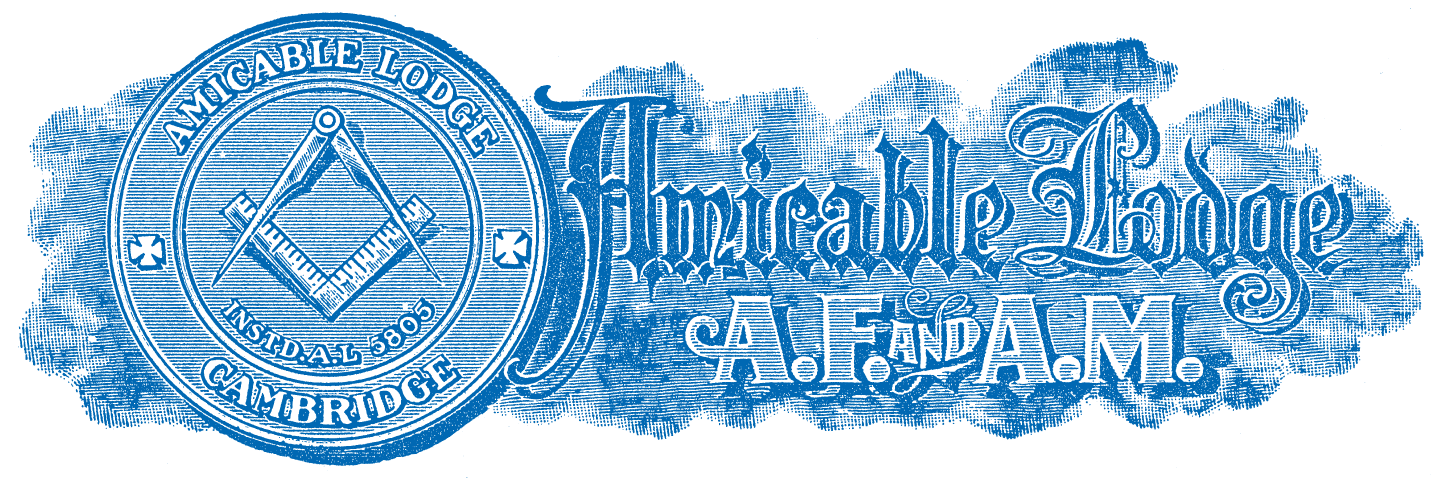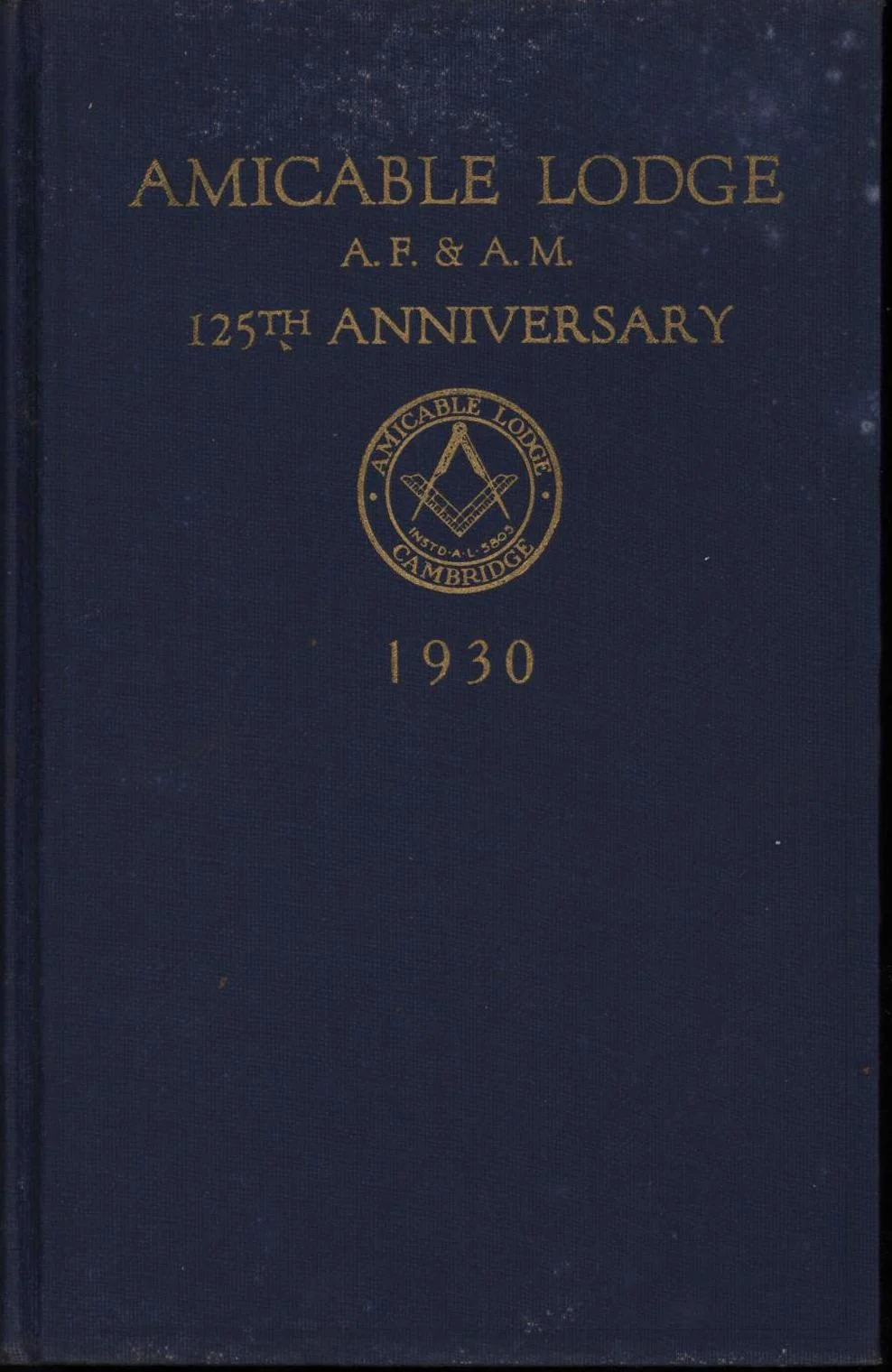Wor. Bro. David L. Riley is the 135th Past Master and former Secretary of Amicable Lodge. He can be reached at driley@gmail.com.
“A feminist is anyone who recognizes the equality and full humanity of women and men.” ― Gloria Steinem
It is common for Freemasons to be asked why the Craft is exclusively male. There are many answers to this question. Of course, the first is that there are, in fact, Masonic obediences that are female or which admit both men or women. They tend to be smaller, especially in the United States, but, in so far as I know, are regular in all respects save that they admit women.
But that is an evasive answer. What the questioner wants to know is the reasoning behind having all-male lodges. The assumption, of course, is that there is some nefarious sexism at work.
The fact is that men bond differently when in the company of men. In the profane world, men (and women) learn to be guarded in mixed company. Sexual competition might be one distant cause of this difference but it is, ultimately, simply how men are socialized to behave regardless of their sexuality. This might be sufficient reason for a male-only lodge. But that is not the primary reason for "male-craft" Freemasonry, as some call it.
A lot has been written in recent years about toxic masculinity; that is to say the ways in which the social construct of masculinity negatively affects men and limits their options. Examples of toxic masculinity include the ideas that males are inherently less empathetic, more violent, and less capable of raising children.
In the movie "Fight Club," Tyler Durdan comments that "We are a generation of men raised by women." Many men are raised without a positive male role model. Their notions of masculinity have come exclusively through popular culture and popular culture shows men as incompetent in relationships, violent in their problem-solving, emotionally unintelligent, and prone to being sexually aggressive. Watch a few hours of television and many of these tropes will appear. Watch as many hours of television as the average child and you will believe these ideas. This, then, becomes the idea for boys of what it means to be a man.
Freemasonry offers a different vision. The Gentle Craft, as it often is called, seeks to counteract the unbalanced image of maleness presented in culture and to provide men a moral model of healthy, creative, emotionally engaged, and positive masculinity. It seeks to provide young men entering the lodge with a place where they may interact with older, more experienced men who, it is hoped, have found a better way. At the same time, it provides those older men with a place where they may interact with younger men and have their ideas and prejudices challenged by the thoughts of successive generations.
Lodges like Amicable are composed entirely of men because it is a place for men to teach boys (of all ages) to be men.
True, it might be possible to do this work in mixed company. But it would be considerably more challenging and many of the women would find it of little practical benefit.
One of the reasons why I became a Mason is because when I was a boy, I was a member of the Order of DeMolay, the Masonic-sponsored youth organization. I remember the men who were the adult advisers who worked with us, giving generously of their time and energy. They were gentle men and gentlemen. They had high standards for themselves and expected that those around them would have the same high standards. They were affectionate, kind, charitable, and seemed to find a great deal of satisfaction in the lives they were living. I wanted to be like them. In them, I saw the work that Freemasonry does to make good men better by providing an antidote to the more poisonous ideas of our popular culture.
It isn't so much that Freemasonry excludes women as it is that the work of Freemasonry does is intended to help men. In lodge, I have watched men express affection for one another openly in a fashion that is rare in the profane world. I have seen men moved to tears and not be embarrassed to show their emotion. I have seen men reach across barriers of age, class, race, religion, and opinion to lift one another up. I have seen what it can mean to be a man and Mason.
And so, I think that Freemasonry, in that it seeks to affirm and express the inherent worth of every individual, is fundamentally a feminist organization.

